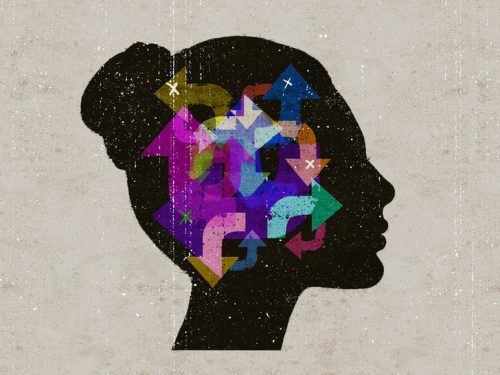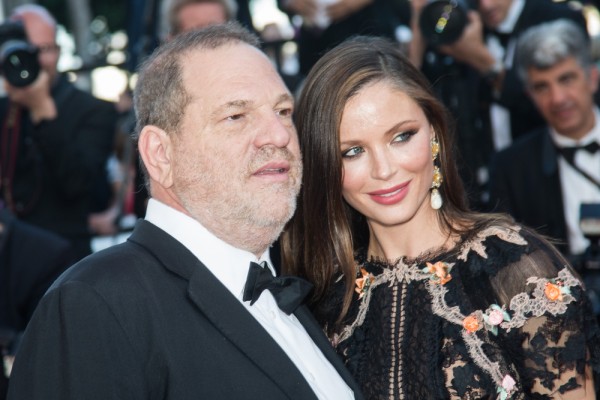Robert Stark and Matthew Pegas talk to Prince of Queens about the 2020 Democratic Primary. Prince of Queens is host of the Gaytiarchy on Youtube and was involved with the original Alt-Left/Realist Left scene. You can also check him out on Twitter.
Topics:
Why Prince of Queens rejects the Left and now describes himself as a radically specific centrist
The recent debates and who won them
How most Democratic candidates are either leftist, corporatist, or both
The unanimous opinion among the candidates to decriminalize illegal immigration
The Great Awokening
Why Prince of Queens supported Bernie Sanders in 2016 but no longer does
White knighting for Joe Biden over the busing controversy
Personality types of the candidates and effectiveness of moralistic pandering
Prince of Queen’s concerns about Andrew Yang’s UBI
Why Tulsi Gabbard is the only candidate Prince of Queens would support
How much of a Trump apologist is Prince of Queens
Tech companies interfering with the election and the need for state intervention
Buttigieg on China
The pushing of gay white men out of the inter-sectional equation
Prediction that Kamala Harris will be the finalist
Click Here to download!
Checkout Robert Stark’s Facebook page, Twitter, Instagram, Stark Truth TV, and novel Journey to Vapor Island









